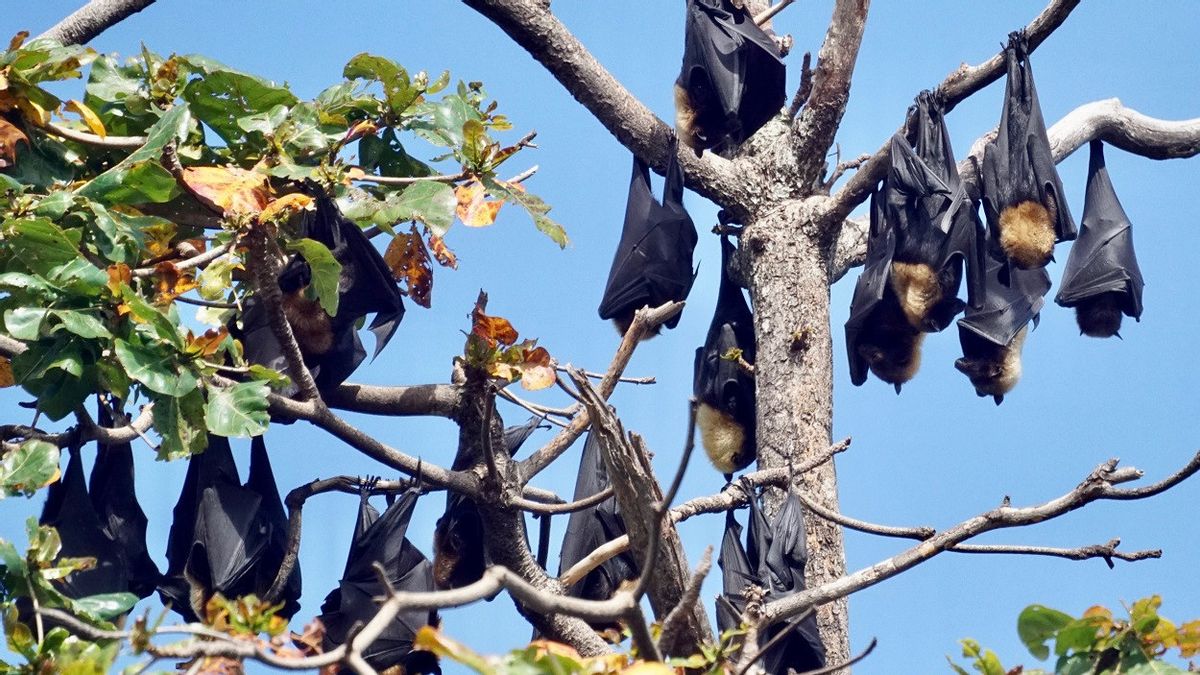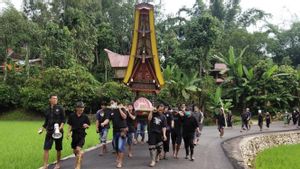JAKARTA - Indian health authorities announced that eleven people in Kerala State have shown symptoms of the deadly Nipah virus, but are in stable condition, Monday local time.
On Sunday, a 12-year-old boy died from the virus, and medical experts from the state began examining all 251 people who had been in contact with the teenager.
"There are 38 people isolated at Kozhikode Medical College and Hospital, 11 of whom are showing symptoms. Samples of eight people have been sent to Pune NIV (National Institute of Virology) for testing", said Kerala State Health Minister Veena George was quoted as saying. Sputnik from NDTV Tuesday 7 September.
Nevertheless, George said the condition of those who had symptoms of being infected with the nipah virus was considered to be in stable condition.
While citing Antara, George said that two medical personnel who treated the child who died were said to have experienced symptoms of being exposed to the virus.
"Two medical workers who came into contact with the boy developed symptoms of being infected with the virus. One of them is a staff worker at Kozhikode Medical College and the other is a staff member at the private hospital in Kozhikode, where the victim is undergoing treatment", said George.
India's Ministry of Health ordered that epidemiological surveillance be increased and more intensive contact tracing be carried out. Strengthened security measures related to the virus were also introduced in Kozhikode District, where the child lives, and in three neighboring districts.
SEE ALSO:
Nipah virus is carried by fruit bats. People contract the disease when they eat fruit with the saliva of an infected animal. This virus is considered by the World Health Organization (WHO) to be one of the most dangerous in the world, as there is no cure or vaccine against it.
To note, the deadly cases due to the Nipah virus rose from 40 percent to 75 percent. Previously, cases of Nipah virus infection had been found in India, namely in the State of West Bengal in 2001 and in the State of Kerala in 2018-2019.
The English, Chinese, Japanese, Arabic, and French versions are automatically generated by the AI. So there may still be inaccuracies in translating, please always see Indonesian as our main language. (system supported by DigitalSiber.id)


















